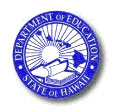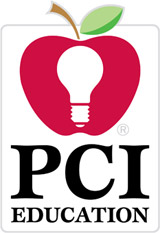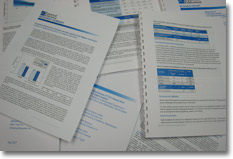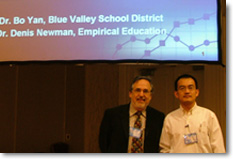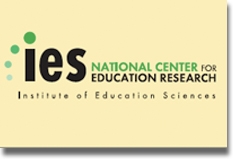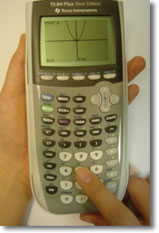Empirical Education Focuses on Local Characteristics at the 14th Annual CREATE Conference

Empirical Education staff presented at the National Evaluation Institute’s (NEI) 14th annual CREATE conference in Wilmington, North Carolina. Both presentations focused on the local characteristics of the evaluations. Dr. Denis Newman, president of Empirical Education, and Jenna Zacamy, research manager, presented a randomized experiment which evaluated the impact of a pre-algebra curriculum (Carnegie Learning’s Cognitive Tutor Bridge to Algebra) being introduced in a pilot program in the Maui School District. The district adopted the program based in part on previous research showing substantial positive results in Oklahoma (Morgan & Ritter 2002). Given the unique locale and ethnic makeup in Maui, a local evaluation was warranted. District educators were concerned in particular with their less experienced teachers and with ethnic groups considered at risk. Unlike in prior research, we found no overall impact although for the algebraic operations subscale, low scoring students benefited from being in the Cognitive Tutor classes indicating that the new program could help to reduce the achievement gaps of concern. We also found for the overall math scale that uncertified teachers were more successful with their Cognitive Tutor classes than their conventional classes. Dr. Newman also presented work co-authored with Marco Muñoz and Andrew Jaciw on a quasi-experimental comparison, conducted by Empirical Education and Jefferson County (KY) schools, of an activity-based middle-school science program (Premier Science) to more traditional textbook programs. All the data were supplied by the district including a rating of quality of implementation. The primary pretest and outcome measures were tests of science and reading achievement. While there was no discernible difference overall, poor readers gained more from the non-textbook approach, helping to diminish an achievement gap of concern to the district.

